Six more months of working from home will leave an ugly mark on our towns, warns development chief
The pandemic will leave a lasting legacy on the design of our towns and cities in the form of joyless “lockdown schemes”, a leading developer has warned.
In a few years we will be able to look around and identify the “monuments to this terrible time”, said Colm Lacey, managing director of Brick by Brick, Croydon council’s development arm.
Everyone being forced to work from home sucked the personality from every stage of development, from deals to design, he told Building Design.
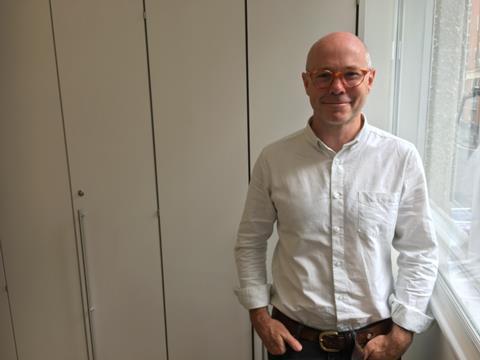
“We’re staring down the barrel of another six months working remotely and I do think that this will detrimentally impact on the development of the city,” he said.
In more normal times, intangible aspects of development happen through informal conversations and chance encounters, what he described as “the investment of personality and hope into a site”.
“When working remotely, property deals tend to become really transactional, an inherently numerically driven process,” he said. “The design development process tends to follow suit.
“My fear is that when this stuff gets developed in three years’ time there will be a whole bunch of ‘lockdown schemes’ devoid of joy and personality. We may even recognise these as monuments to this terrible time.”
He said a lot of the best schemes were built as a result of someone’s design ego, through debating and amending this aesthetic thesis in lively conversation with others. That simply couldn’t happen through Teams or Zoom. “You can’t get the necessary momentum going,” he said.
My fear is that when this stuff gets developed in three years’ time there will be a whole bunch of ‘lockdown schemes’ devoid of joy and personality
Colm Lacey
“If this lasts for another six months we will in effect have been working remotely on design development for well over a year. That subsequently affects the following three to four years of development activity, in one of the busiest development cities in the world. That’s an enormous amount of potentially sterile built form… It doesn’t bear thinking about.”
Lacey added: ”As a company we’re really conscious of this and try hard to ensure that, somehow, we avoid character being eroded by process.”
His views were echoed by Marc Cairns, co-founder of emerging architect New Practice which has worked with Brick by Brick.
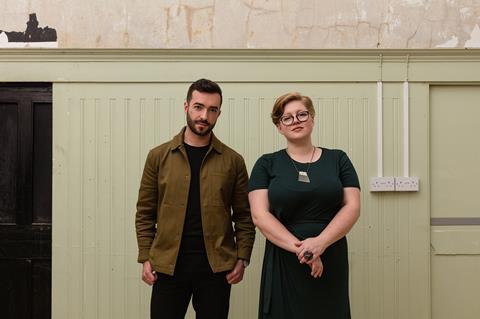
He warned that once the recession has bitten, local authorities will be so desperate to get things built there was a danger unscrupulous developers would try to push through extra square-footage or lower-quality design.
“In the panic to get things moving we cannot forget why that was a disaster after the 2008 crash,” said Cairns.
But other architects were more optimistic, arguing that they had managed to maintain a high standard of work throughout lockdown.
Patrick Lynch promoted newly qualified part III Eleanor Grierson to associate on the basis of her successful oversight of the practice’s extension to Westminster Coroner’s Court on Horseferry Road while everyone was working from home. The high-profile project had just reached detailed design when lockdown was announced but its quality has not suffered from the difficult circumstances, said Lynch.
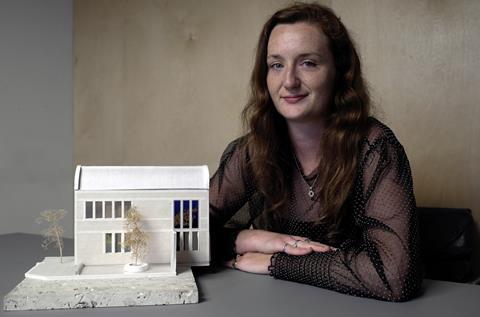
Russell Curtis, director of RCKa, said he hoped to prove Lacey wrong.
“It may be that it’s slightly more challenging to get there but I don’t think we’ll be in a position where the resulting buildings will be poorer,” he said.
“I don’t think a project will necessarily be any better but it shouldn’t be any worse.”




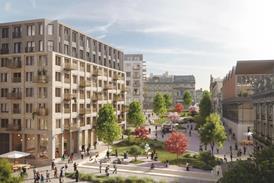
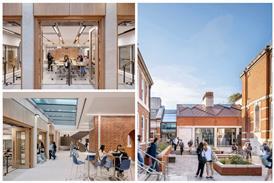










No comments yet